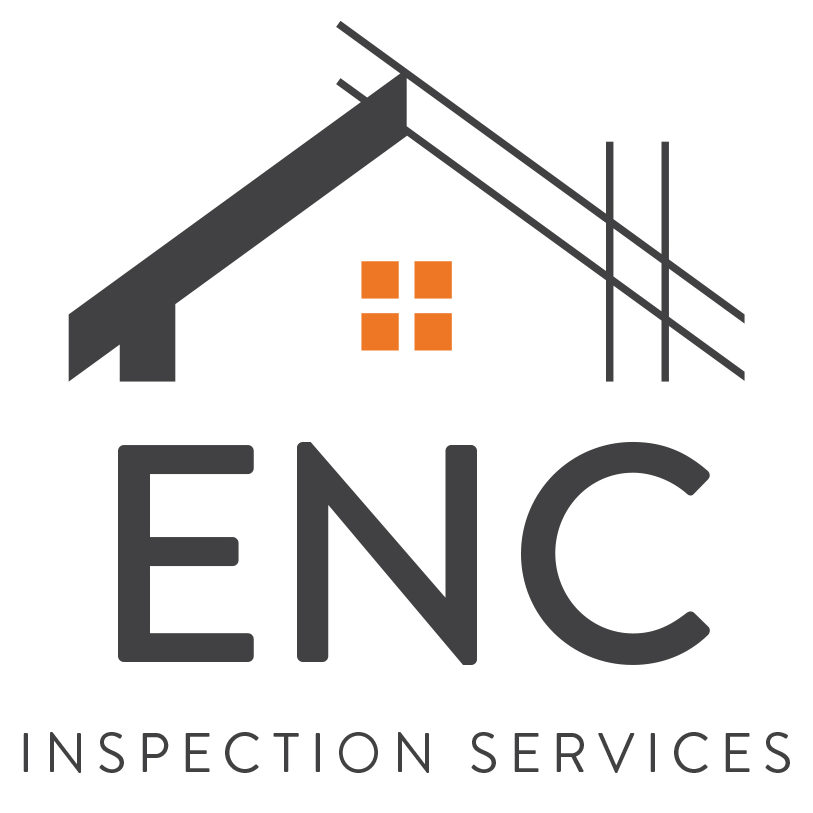
Over the last few years, the use of drones by home inspectors has grown in popularity. Today utilizing drones in home inspections is common place. The ability to quickly and safely collect aerial data on structural components previously out of reach as well as foliage and drainage related to the property is fueling that popularity.

The inherent danger of ladder use in home inspections, whether its uneven ground or landscaping, weak or loose gutter systems, power lines or simply the height of any accessible portion of the roof, is driving more inspectors and inspection companies to consider the use of drones to better service their clients at every inspection.
Couple that with the fact that some roofs just aren’t walkable, due to material or condition, and you have the need for a better solution.

The main benefits drones provide for home inspections, home inspectors, and their clients:
1. Safety
Using a drone to collect aerial photos and video of a roof can replace the need for an inspector to climb onto and walk across the roof, undeniably, one of the most dangerous parts of any home inspection.
2. Accessibility
Some roofs are entirely inaccessible because they’re too high, too steep, or too wet. Additionally they may be made of materials such as clay, slate, or solar panels, which makes walking on them dangerous and prone to damage. Additionally, some chimneys are too tall to be completely assessed even from the roof or there may be other features that are impossible to access in a safe manner.
Inspectors have the option to use tools like camera poles to try and address accessibility issues. These tools are limited in what they can capture from the ground or a ladder. Moreover, these tools often don’t provide the level of detail required.
Drones, in most cases, solve these accessibility issues.
3. Customer satisfaction
Before drones, home inspectors who encountered inaccessible roofs were put in the difficult position of having to tell clients that they could only provide limited information on the condition of the roof.
In these instances, which are not uncommon, clients may have to pay extra to hire roofing companies to collect roof data or simply accept the risk of not knowing about the state of the roof or notable penetrations.
Using a drone, home inspectors are able to make valuable assessments to the condition of what was once considered inaccessible.
4. Efficiency
Drones as an adjunct can make roof inspections much more efficient. They can provide a quick review of the entire structure, highlighting potential problem areas that may need more attention or that may present safety risks.
For example, drones can allow inspectors to see where a roof may be sagging, and this information can be invaluable for inspectors when they climb onto the roof or into the attic to perform their manual inspection.
5. Marketing
Who doesn’t love a good aerial shot?

Drones can provide an additional value beyond their usefulness for the inspection itself. Aerial video and photos provide inspectors with dynamic materials they can use to showcase the quality of their work. Honestly, what client hasn’t used satellite view on a mapping program to get an aerial view of their home and surrounding area? Now it’s right in their report and at a much higher resolution and clarity.

Limitations Of Using Drones In Home Inspections
1. Safety
It may not be safe to fly at all times, weather conditions, or in all areas, no fly zones.


2. Quality
Given limitations in flying and the quality of a given drone model’s camera, it’s not always possible to use a drone to collect all the information needed for a roof inspection. ENC Inspection Services will always make every effort to walk the roofs we inspect. If we can’t, we fly!



Rules Of Drone Use
In 2016, the Federal Aviation Administration (FAA) issued new regulations governing the commercial use of drones. These regulations require any person operating a drone outdoors for a commercial purpose to obtain a Remote Pilot Certificate (RPC), register their drone, and follow certain requirements when operating the drone.

Using a drone for a home inspection is a commercial purpose.
Drones are an increasingly popular high tech tool used by home inspectors. Their applications are numerous and growing daily. Unquestionably, you’re going to witness an evolution in drone use and application when it comes to home inspections! With this in mind, don’t be afraid to ask your home inspector for a beautiful aerial shot of your new home too!

scott.minunni@encinspectionservices.com


